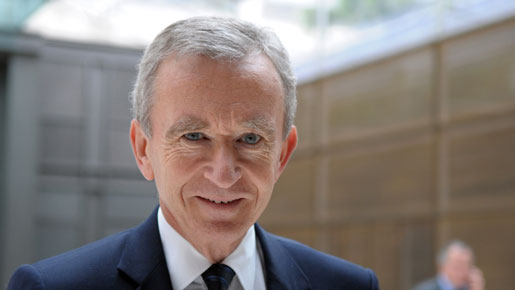Bernard Arnault, the CEO of luxury goods giant LVMH and France’s wealthiest individual, has sharply criticized a proposed 2 per cent tax on billionaires, calling it a threat to the French economy. The tax, which would target fortunes above Ksh15 billion, has stirred intense debate ahead of France’s 2026 budget.
“This is clearly not a technical or economic debate, but rather a clearly stated desire to destroy the French economy,” Arnault told Britain’s Sunday Times. He described the tax as ideologically motivated, aimed at dismantling what he called the “liberal economic system, the only one that works for the good of all.”
Arnault specifically targeted economist Gabriel Zucman, the plan’s architect, accusing him of being “first and foremost a far-left activist” using “pseudo-academic competence” to advance a political agenda. Zucman, a professor at France’s École Normale Supérieure and the University of California, Berkeley, rejected the accusations, asserting on X (formerly Twitter) that his work is based on research, not ideology.
Zucman has previously been among 300 economists endorsing the economic platform of the left-wing Nouveau Front Populaire alliance. He has highlighted the growing inequality in tax contributions, arguing that the ultra-rich often pay proportionally less tax than other citizens. The proposed wealth tax aims to close this gap and generate additional revenue for the French government.
Despite opposition from Arnault and other wealthy individuals, the proposal enjoys strong public support. An Ifop poll commissioned by the Socialist Party this month indicated that 86 per cent of the French public approve of the levy. Prime Minister Sébastien Lecornu now faces pressure to include the tax in the upcoming budget or risk a confidence vote that could threaten his government.
As France grapples with economic inequality and political pressure, the debate over taxing the ultra-wealthy is likely to remain at the forefront, highlighting tensions between public sentiment and elite interests.

